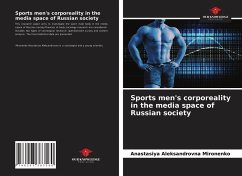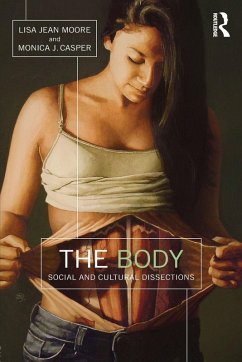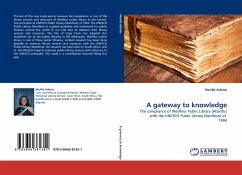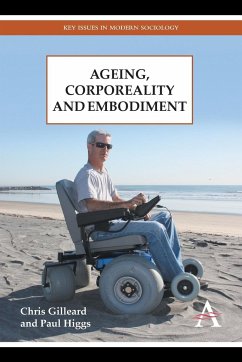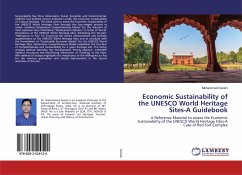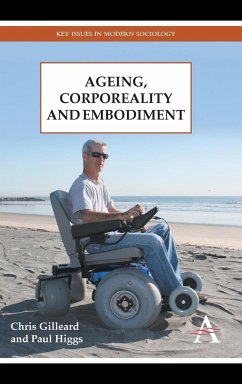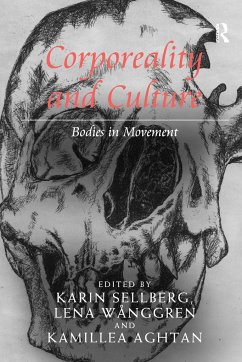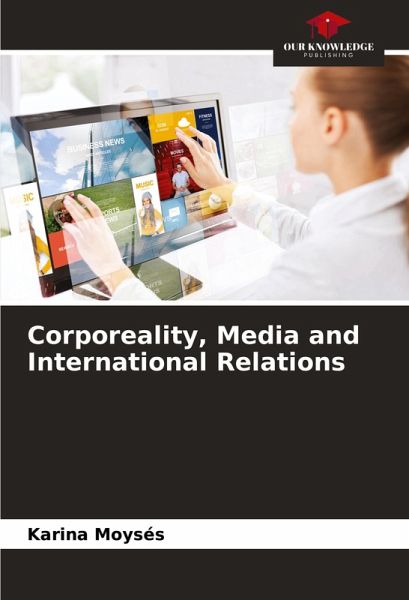
Corporeality, Media and International Relations
Versandkostenfrei!
Versandfertig in 6-10 Tagen
24,99 €
inkl. MwSt.

PAYBACK Punkte
12 °P sammeln!
In the context of industrialised Western societies, we can see the frantic and obsessive importance given to the body and fashion. Both are intertwined with the standards of beauty disseminated by the media and, simultaneously, by the cultural industry, which leads to a growing race to consume aesthetic novelties and an ever-increasing consumption of images propagated by advertising, making the body a market object. With this in mind, the aim is to understand the development of the body cult phenomenon through a historical and social analysis, highlighting the hegemonic Western aesthetic stand...
In the context of industrialised Western societies, we can see the frantic and obsessive importance given to the body and fashion. Both are intertwined with the standards of beauty disseminated by the media and, simultaneously, by the cultural industry, which leads to a growing race to consume aesthetic novelties and an ever-increasing consumption of images propagated by advertising, making the body a market object. With this in mind, the aim is to understand the development of the body cult phenomenon through a historical and social analysis, highlighting the hegemonic Western aesthetic standard and the consequences of wanting to achieve it. To this end, a study will be made of the fifty-fourth volume of July/August 2001 of the magazine of the United Nations Educational, Scientific and Cultural Organisation (UNESCO), entitled El Correo de la UNESCO, whose central theme deals with body modifications in contemporary times. This issue demonstrates international concern about the subject, which should therefore be studied in the field of International Relations.





